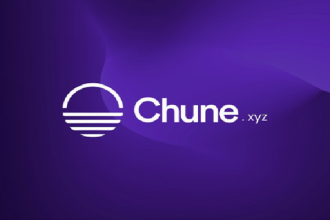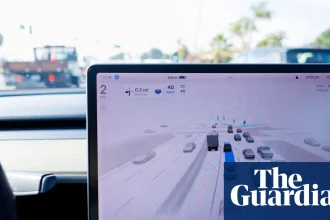When Aniedi Udo-obong, Developer Ecosystem, Programme Partnerships at Google, took the stage at #StartupSouth10 in Port Harcourt, the room buzzed with anticipation. The theme of this year’s conference, Auctus: Shaping the Next Decade of Business, Innovation, Culture and Capital, could not have been more fitting.
In a city that has grown into one of Nigeria’s key emerging tech hubs, Aniedi’s keynote, “From Problems to Possibilities: Unlocking Growth with AI”, delivered both inspiration and challenge.
Aniedi, a University of Port Harcourt alumnus and a long-time advocate for local innovation, opened his talk with a reminder that big opportunities often hide behind everyday frustrations. “I’m constantly looking for problems,” he said with a grin. “Not the Nigerian kind; I mean unmet needs, pain points, gaps in the market.”
He wasn’t exaggerating. His message was simple yet profound: every problem is a seed of possibility.
Finding value in everyday problems
In his signature humorous style, Aniedi shared local examples that resonated deeply with the audience.
He recalled how something as basic as water once posed a problem, from “ice water” sold in reused nylon bags to the emergence of “pure water” in sealed sachets. The solution wasn’t glamorous, but it transformed an informal practice into a billion-naira industry.
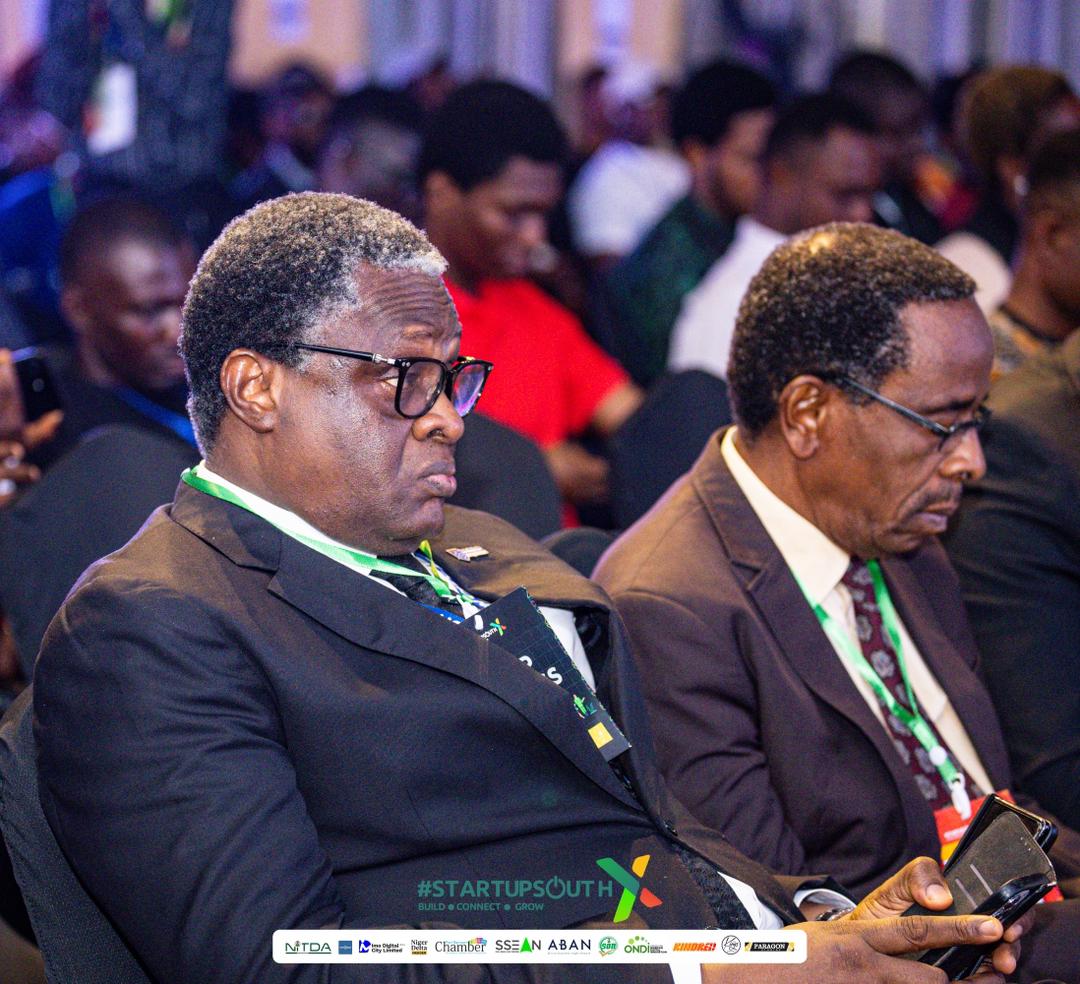 #StartupSouth
#StartupSouth
He drew another example from Nigeria’s payment ecosystem. Remember the days when you had to wait for the “alert” before leaving a shop after a transfer? “Someone looked at that everyday frustration and asked, ‘What if the alert appeared right on the POS?’” he said.
That simple thought, he explained, gave birth to MoneyPoint and other payment innovations that now power Nigeria’s digital economy.
These, Aniedi stressed, are examples of seeing possibilities where others see only obstacles. “Every time you face a problem, whether it’s traffic, bad internet, or a delayed alert, you’re staring at a business opportunity,” he said. “The question is: will you run away from it, or will you solve it?”
Innovation vs. invention: The power of the “er”
Aniedi simplified a concept that often intimidates young founders: the difference between invention and innovation. Invention, he said, is creating something entirely new. Innovation is improving what already exists.
“If you’re not an Einstein or an Elon Musk, don’t worry. You can still innovate. Take something, and make it better, faster, or easier,” he told the audience.
He called it the power of the “er”. “When I mentor startups,” he said, “I always ask: what’s the ‘er’ in your product? What makes your product better than what already exists? Is it faster? Easier? Safer? Quicker?”
The crowd laughed, but the point was clear. Incremental improvements, not radical inventions, often drive the biggest business wins.
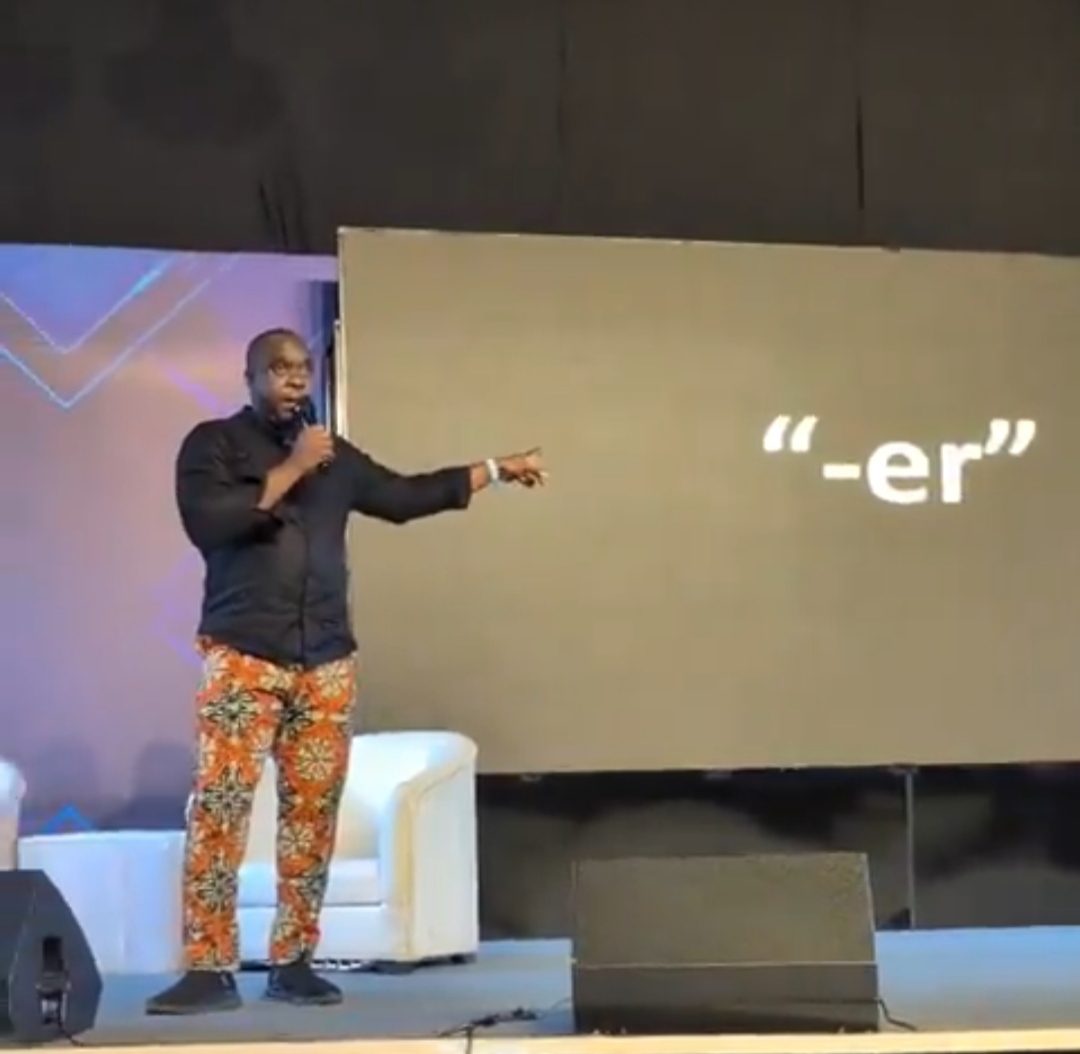
 Aniedi Udo-obong, Developer Ecosystem, Programme Partnerships at Google
Aniedi Udo-obong, Developer Ecosystem, Programme Partnerships at Google
To illustrate, he mentioned that most successful global companies weren’t first movers. “Mark Zuckerberg didn’t invent social networking; he just improved it,” he said. The lesson: innovation doesn’t have to be revolutionary. It has to be relevant.
You can also read: Reviewing #StartupSouthX’s inclusive gathering on innovation, culture, and capital
AI: From the white screen of death to limitless possibilities
Aniedi shared a personal story from his early career, the dreaded blank screen moment when starting a new project. “You open a document and don’t know where to begin. That’s where I used to get stuck,” he confessed. But with the rise of generative AI, that problem has nearly disappeared.
“Now, I just open Gemini or ChatGPT and start prompting,” he said. “It’s like having Einstein in your basement, or maybe in your neighbour’s room if you live in a face-me-I-face-you.” The audience erupted in laughter.
But the message was serious: AI is no longer a buzzword. It’s a practical partner for thought, creation, and execution. Whether drafting presentations, generating ideas, or coding prototypes, tools like ChatGPT and Gemini are transforming how founders start and scale their ventures.
He emphasised that the AI tools available today are the “worst” versions we’ll ever use. “The version of AI you’re using now is like the iPhone 1,” he said. “Tomorrow’s version will make this one look ancient.” He referenced OpenAI’s release of Sora 2, which he described as “the best video model in the world”, underscoring how fast the industry is evolving.
Building faster, smarter, and simpler
Speed, Aniedi argued, is one of AI’s biggest advantages. “I used to run a company that built MVPs in three months,” he said. “Now, with tools like Lovable, Replit, and Firebase Studio, I can build one in 30 seconds.”
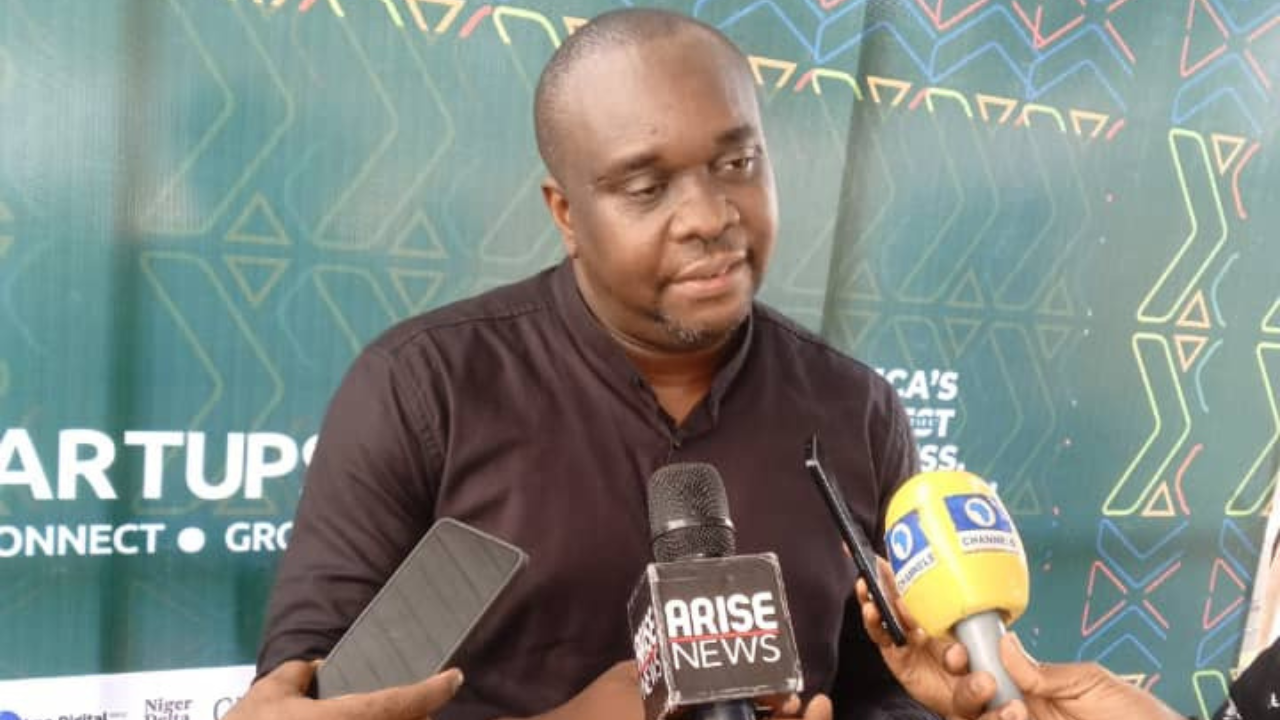
 Aniedi Udo-obong, Developer Ecosystem, Programme Partnerships at Google
Aniedi Udo-obong, Developer Ecosystem, Programme Partnerships at Google
This acceleration, he said, is not about cutting corners but about enabling entrepreneurs to test ideas faster and reach the market sooner. “AI doesn’t replace human creativity,” he said. “It amplifies it. It helps you get started, stay consistent, and deliver faster.”
He urged founders to stop waiting for perfect conditions and instead start experimenting with the tools already available. “We are the luckiest generation in human history,” he said. “All the knowledge you need is behind a text box and a button.”
As the #StartupSouth10 audience applauded, Aniedi’s message lingered. His talk wasn’t about Silicon Valley’s glamour or AI’s complexity; it was about possibilities born from persistence.
He reminded attendees that global success no longer requires relocation. “You can work for an American company from your home in Port Harcourt,” he said. “What was impossible 30 years ago is normal today.”
His final note captured the spirit of the entire event: “The next unicorn won’t come from someone avoiding problems. It’ll come from someone who runs toward them with curiosity, creativity, and maybe a little AI.”
Also read: #StartupSouth: Stakeholders discuss southern Nigeria’s path to boundless connectivity






